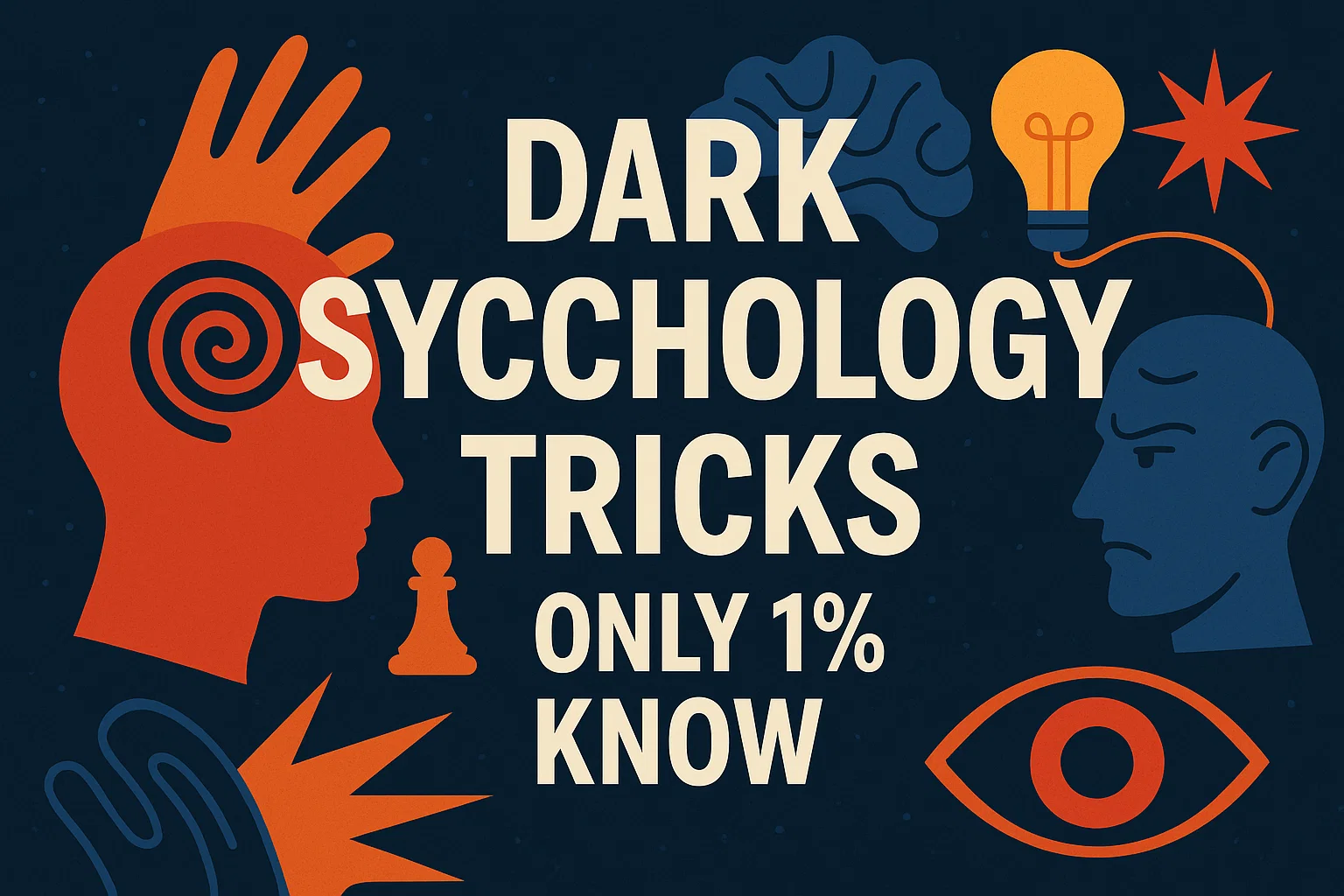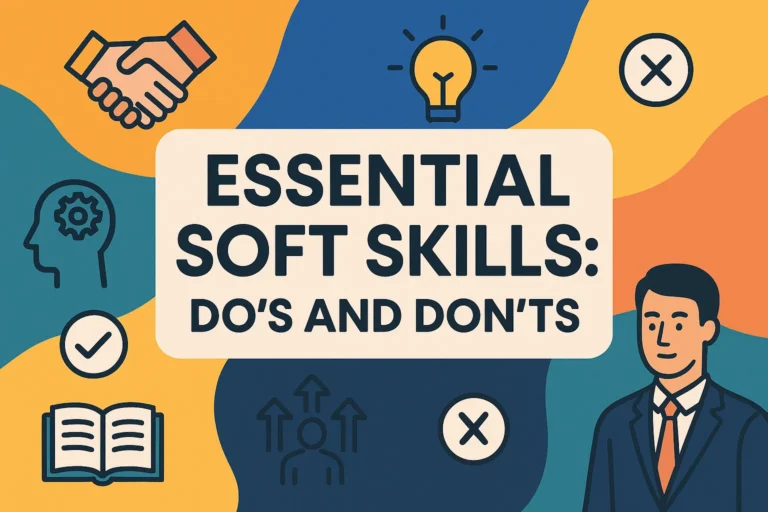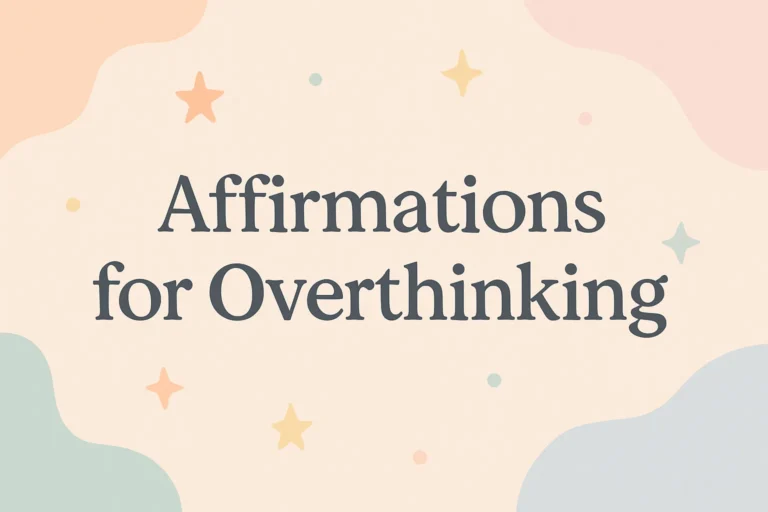Dark Psychology Tricks Unlock Psychology Skills Known by Only 1 of People
Alright, let’s get into it. You’re here because you’re curious, maybe a little skeptical, and you’ve probably heard whispers about this stuff in the corners of the internet. Dark psychology. It sounds like something from a spy thriller, right? I thought the same thing when I first stumbled upon it.
But here’s the deal: this isn’t about becoming a villainous mastermind. It’s about understanding the hidden levers and pulleys that drive human behavior. It’s the playbook for the 1%—the people who seem to effortlessly navigate social situations, negotiations, and even conflicts. They aren’t wizards; they just understand the rules of the game most of us don’t even know we’re playing.
I got interested in this years ago after a particularly brutal negotiation where I felt completely outmaneuvered. The other person wasn’t smarter or more prepared; they were just playing a different game. So, I started digging. IMO, understanding these tricks is the ultimate form of self-defense. It’s not about using them, but about recognizing them so you can’t be manipulated. Let’s pull back the curtain, shall we?
What Exactly Is “Dark Psychology”?
Okay, before we go any further, let’s demystify the term. It sounds super edgy, I know.
In simple terms, dark psychology is the study of human nature and the tactics people use to manipulate, control, and influence others for their own gain. It’s where persuasion ends and manipulation begins. It draws from principles in neuro-linguistic programming (NLP), hypnotherapy, and plain old social psychology, but it focuses on the… let’s call it the less ethical application.
Think of it this way: Persuasion is giving someone the map and letting them choose the route. Manipulation is secretly moving the road signs so they end up where you want them to go, thinking it was their idea all along.
The goal here isn’t to teach you how to move road signs. It’s to make you aware of the signs so you can always read your own map.
The Foundational Principle: The Locus of Control
Every single dark psychology tactic rests on one core idea: shifting someone’s locus of control.
Ever heard of that? It’s a psychology term for where people believe control over their lives originates.
- Internal Locus of Control: You believe you are in the driver’s seat. Your actions and decisions directly shape your life.
- External Locus of Control: You believe outside forces—luck, fate, other people—are in control. You’re just along for the ride.
Manipulators work to shift your locus from internal to external, specifically onto them. They make you doubt your own judgment and feel like they have the answers, the power, the control. Once they achieve that, you become far more suggestible.
Scary, right? But knowledge is power. Let’s break down some of the most common tricks.
Dark Psychology Trick #1: Gaslighting (The Reality Distortion Field)
You’ve definitely heard this term thrown around, but what does it actually look like in the wild?
Gaslighting is a systematic attempt to make you question your own memory, perception, and sanity. The name comes from a 1944 film called Gaslight where a husband dims the gas lights in their home but insists his wife is imagining it.
It’s not usually a dramatic, movie-villain monologue. It’s subtle.
- How it works: They’ll deny saying something you clearly remember. They’ll twist a story to make you seem irrational. They’ll use phrases like, “You’re being too sensitive,” or “That never happened, you must be misremembering.”
- The Goal: To make you so unsure of your own reality that you stop trusting yourself and start relying entirely on their version of events.
- How to Defend Against It: Trust your gut. Start keeping a journal of important conversations. If you find yourself constantly confused and apologizing after talking to someone, that’s a huge red flag. Your memory isn’t the problem—their narrative is.
Dark Psychology Trick #2: Love Bombing & Devaluation (The Emotional Rollercoaster)
This one is brutal, especially in romantic relationships or even with toxic bosses.
- Phase 1: Love Bombing. They shower you with excessive admiration, attention, and affection. It feels incredible! They text you all the time, give extravagant compliments, and make you feel like you’ve found your soulmate or dream job. It’s overwhelming and designed to create a powerful bond quickly.
- Phase 2: Devaluation. Once they have you hooked, they suddenly pull away. The compliments turn into criticisms. The attention becomes neglect. They become cold and disapproving.
- The Goal: This cycle creates a toxic addiction. You’re left chasing the high of the initial “love bombing” phase, desperately trying to win back their approval. This puts them in total control.
- How to Defend Against It: Be wary of anything that feels too good to be true. Healthy relationships build slowly and consistently. If you’re on an emotional rollercoaster of extreme highs and lows, get off the ride. 🙂
Dark Psychology Trick #3: Mirroring & Rapport Building (The Chameleon Effect)
This one is actually used by everyone from good therapists to salespeople, but its dark application is incredibly effective.
- How it works: The manipulator subtly mimics your body language, speech patterns, and vocabulary. They might lean forward when you do, use similar hand gestures, or adopt your favorite slang word.
- The Goal: On a subconscious level, this builds instant rapport and trust. Our brains are hardwired to like people who are similar to us. A dark manipulator uses this to bypass your logical defenses and create a false sense of familiarity and safety.
- How to Defend Against It: This one is tough to spot because it’s subconscious. The key is to pay attention to the pace of the relationship. Is this person agreeing with everything you say a little too perfectly? Is the connection feeling artificially fast? Slow down and engage your logical brain. Ask pointed questions to see if their values truly align with yours or if they’re just reflecting yours back at you.
Dark Psychology Trick #4: The Foot-in-the-Door Technique (The Slippery Slope)
This is a classic compliance tactic, and you’ve definitely encountered it.
- How it works: Someone starts by asking for a small, completely reasonable favor that you’d feel rude refusing. “Can you watch my bag for just one second?” Once you agree, they follow up with a much larger request. “Actually, since you’re here, could you just take it to the front desk for me? I’ll be hours!”
- The Goal: People have a deep psychological desire to be consistent. By agreeing to the small first request, you’ve subconsciously identified yourself as “the kind of person who helps this person.” Saying no to the bigger request now feels inconsistent with that self-image. So you often just go along with it.
- How to Defend Against It: Remember that it’s perfectly okay to change your mind. Just because you said yes to a small thing doesn’t mean you’ve signed a contract. Be willing to say, “I’m comfortable doing X, but I cannot do Y.”
How to Use This Knowledge Ethically (And Not Be a Jerk)
FYI, learning jiu-jitsu doesn’t mean you go around flipping people at the supermarket. You learn it for self-defense and discipline. Think of this knowledge the same way.
The ethical line is clear: Are you informing someone to help them make a better choice, or are you deceiving them to get what you want?
The real power isn’t in using these tricks, but in:
* Building genuine connections based on honesty, not manipulation.
* Protecting yourself from those who would use these tactics against you.
* Becoming a better persuader by understanding human motivation, not exploiting it.
Your New Superpower: Situational Awareness
The single biggest takeaway from all of this isn’t a specific trick. It’s a state of mind: situational awareness.
Pay attention to how interactions feel. Does something feel off? Are you feeling unusually guilty, confused, or obligated around someone? Your intuition is your best defense mechanism. These feelings are your internal alarm system telling you to pay closer attention.
Don’t ignore those signals. Investigate them.
Wrapping This Up
So, there you have it. A peek into the toolbox of the 1%. It’s not magic; it’s just applied psychology. A little frightening? Maybe. But ultimately, it’s empowering.
When you understand how gaslighting works, you can shut it down. When you recognize love bombing, you can protect your heart. When you see the foot-in-the-door technique, you can politely keep the door closed.
This knowledge gives you back your agency. It reinforces your internal locus of control. You get to decide, with clarity and confidence, how you want to engage with the world.
Now, go forth and be savvy. Be kind. And for goodness sake, don’t go gaslighting your friends just because you now know how it’s done 😉 Use this power for good, always.







